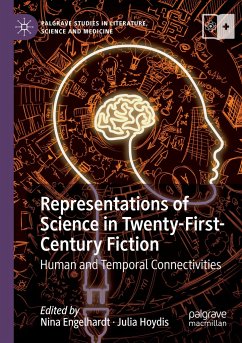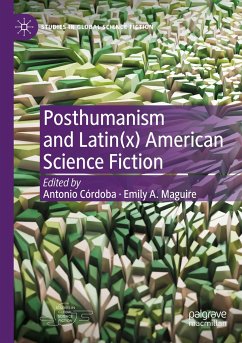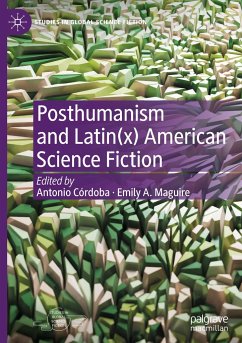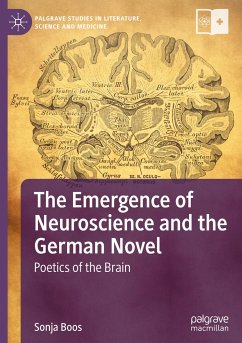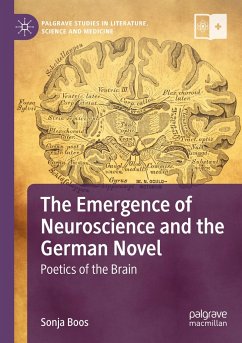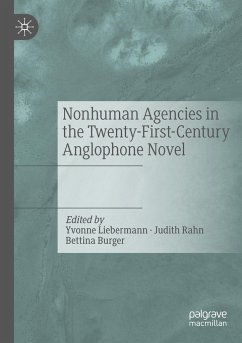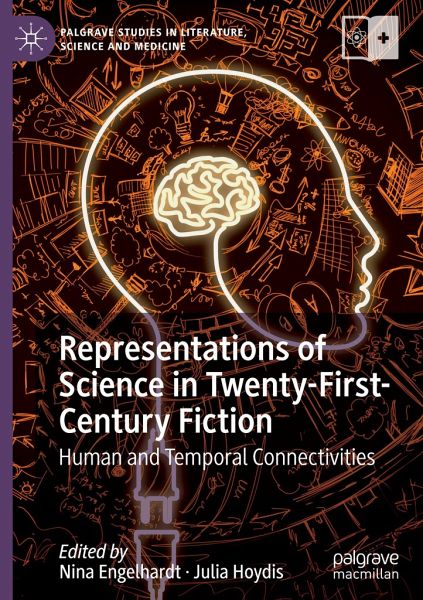
Representations of Science in Twenty-First-Century Fiction
Human and Temporal Connectivities
Herausgegeben: Engelhardt, Nina; Hoydis, Julia

PAYBACK Punkte
42 °P sammeln!
This collection of essays explores current thematic and aesthetic directions in fictional science narratives in different genres, predominantly novels, but also poetry, film, and drama. The ten case studies, covering a range of British and American texts from the late twentieth to the twenty-first centuries, reflect the diversity of representations of science in contemporary fiction, including psychopharmacology and neuropathology, quantum physics and mathematics, biotechnology, genetics, and chemical weaponry. This collection considers how texts engage with science and technology to explore r...
This collection of essays explores current thematic and aesthetic directions in fictional science narratives in different genres, predominantly novels, but also poetry, film, and drama. The ten case studies, covering a range of British and American texts from the late twentieth to the twenty-first centuries, reflect the diversity of representations of science in contemporary fiction, including psychopharmacology and neuropathology, quantum physics and mathematics, biotechnology, genetics, and chemical weaponry. This collection considers how texts engage with science and technology to explore relations between bodies and minds, how such connectivities shape conceptions and narrations of the human, and how the speculative view of science fiction features alongside realist engagements with the Victorian period and modernism. Utilizing an interdisciplinary approach, contributors offer new insights into narrative engagement with science and its place in life today, in times past, and intimes to come.
Chapter 1 is available open access under a Creative Commons Attribution 4.0 International License via link.springer.com.
Chapter 1 is available open access under a Creative Commons Attribution 4.0 International License via link.springer.com.





